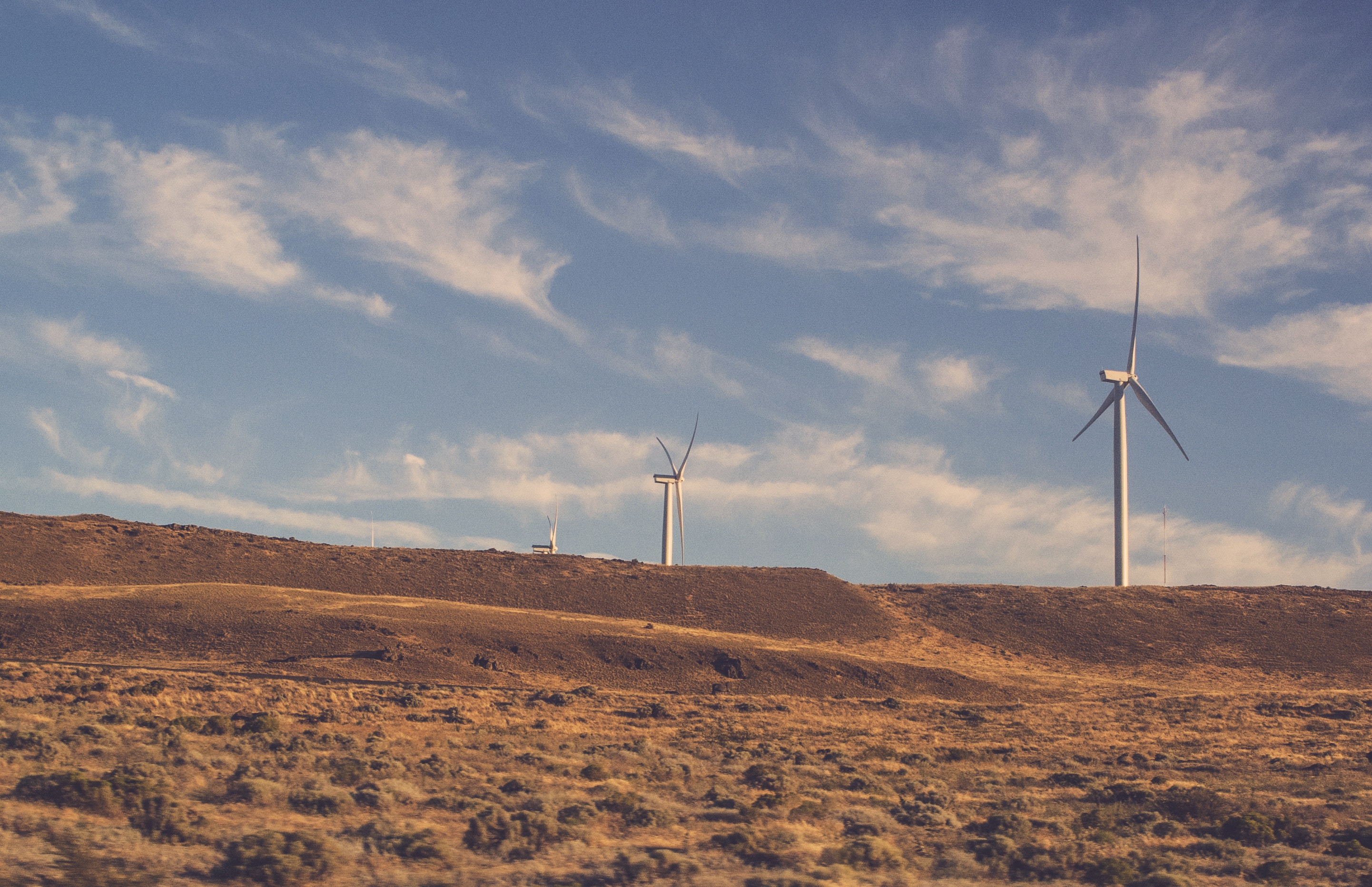At Vista Caballo, the elite Colorado leadership center we founded after a life of world travels and multimillion-dollar businesses, we believe in the power of “mindfulness.” For us, it is a critical tool in alleviating the “mindless” waste of energy and resources that pervades the globe on an individual and corporate level.
Why mindfulness? Because being mindful, or living in the present, prevents us from worrying about the past and future. Living in the here and now focuses us. It mitigates stress. It allows us to celebrate life and realize that what we have is this moment and that making the most of this moment is making the most of life. It is a simple, potent first step toward creating a better life and a better world.
How do you get there? With empowered-thinking techniques and meditation. Mindfulness is a non-sitting meditation that can be practiced every day.
We practice mindfulness. We walk our talk.
What you do once you’ve reached the edge of your comfort zone is what sets you apart from others as a leader and a human being. We all have blind spots. The StillPoint Experience is an online, interactive assessment that will show you yours. Learn more.
Here are a few of our mindful practices:
On the level of natural resources, we emulate nature itself, which curbs excess by recycling everything. We mindfully aim to tread lightly on this planet in many areas, from our Tazzari Zero, named for this battery-powered electric microcar’s zero emissions, to maintaining zero food waste.
Globally, about one-third of all food produced for human consumption every year is lost or wasted, according to the UN’s Food and Agriculture Organization. If food is wasted, so are water, land and energy, which contributes to the production of greenhouse gases, and, thus, global warming and climate change. So we practice mindful consumption by mindfully purchasing food based on how much we need to cook and eat. Food we don’t consume goes to the chickens on our ranch. If you live in a city, you could donate scraps for compost at community gardens, preferably those with chickens. Crucial new mobile apps are also helping reduce food waste.
On the personal level, we educate leaders about how to become mindful of the emotional energy wasted ruminating on the past or stressing out about the future, and about how much energy control takes and how life works without it. Energy is also wasted on tasks that do not serve us, such as excessively surfing social media. Such distractions can be useful in de-stressing, but a more sustainable calm can be achieved through mindfulness, including the mindfulness that we are using social media to de-stress.
Ask yourself some questions:
Are your actions “mindful.” Where does mindfulness begin and end for you? What triggers your acting in a “mindless” way? Are you informed enough to make mindful decisions?
If you constantly reschedule phone calls, are you aware you’re doing this? And that it affects others?
Are you mindful when you build and create things—from roads through the Kalahari Desert to your own home? For instance, where does your lumber come from? How long did it take the trees that produced that lumber to grow? If you had spent 30 years building a career and someone “chopped you down,” is that not the same thing?
Read Lisa Arie’s related piece on Huffington Post: Are You Stressing Your People Out? Then Change Your Thinking, which focuses on efficiently using “energy” instead of “time” in our efforts to reduce stress.

